
New Study Reveals: A Type of Seafood with the Highest Microplastic Concentration
New Study Reveals: A Type of Seafood with the Highest Microplastic Concentration — Even if You Love It, Consider Cutting Back
Experts have studied various types of seafood widely consumed in this region.
The widely consumed seafood with the highest microplastic concentration
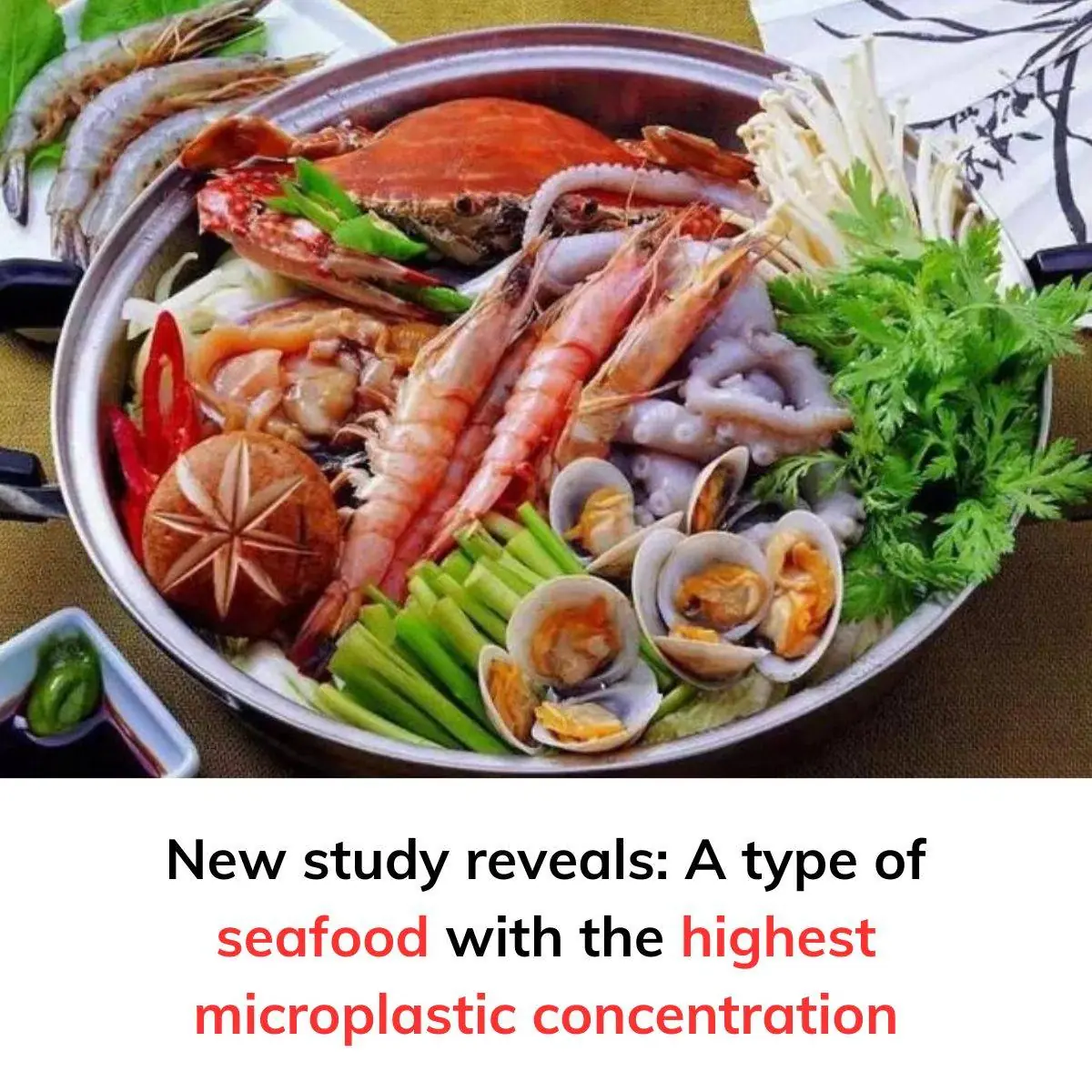
Ecologist Susanne Brander has warned that the widespread presence of microplastics in the environment not only poses serious threats to ecosystems but also carries alarming risks for human health.
Microplastics, which are plastic particles smaller than 5mm, are now pervasive in freshwater and marine environments. These particles are often ingested by marine organisms and can easily enter the human body through the food chain, causing unknown negative effects.
According to Science Alert, a recent study conducted in the Northwest Pacific, a region renowned for its abundant seafood, found microplastics present in the edible tissues of most fish and shellfish collected there.
Specifically, researchers analyzed 182 seafood samples either caught off the Oregon coast or purchased from local markets. The results revealed that only two samples were free of microplastics, while most contained tiny plastic particles, including synthetic fibers from fabrics, cellulose from paper, and small plastic fragments.
Affected species included Pacific rockfish, black cod, Chinook salmon, Pacific lamprey, pink shrimp, and more. Notably, pink shrimp—widely consumed—was found to have the highest concentration of microplastics.
Scientists explained that shrimp living in surface waters are frequently exposed to floating plastics and plankton, which can accumulate microplastics. Comparisons between fresh shrimp and store-bought shrimp revealed that the latter contained more plastic fibers, likely due to packaging materials used during processing.
Health Risks to Humans
Ecologist Susanne Brander from Oregon State University emphasized that microplastics and synthetic fibers can migrate from the digestive system of organisms into other tissues, such as blood vessels or muscles. This not only threatens marine life but also puts humans at significant risk when consuming such seafood.
Brander expressed concerns:
"Human exposure to microplastics through food could lead to health consequences we do not yet fully understand. However, the presence of plastic particles in the body signals a tangible threat."
Echoing this, ecologist Elise Granek from Portland State University remarked:
"What we release into the environment ultimately comes back to our dining tables."
Previous studies have shown that individuals who consume large amounts of seafood, particularly bivalves like oysters or mussels, tend to accumulate more microplastics in their bodies. However, the specific impacts of these particles on human health remain an open question.
A Global Plastic Crisis
According to climate scientists, humanity generates over 350 million tons of plastic annually, of which less than 10% is recycled, while over 20% is directly discarded into the environment, causing severe pollution to natural ecosystems.
Environmental scientist Samuel Pottinger’s research revealed that global plastic consumption in 2020 reached 547 million tons, with 86% being virgin plastic and only 14% recycled.
Without strong intervention, experts predict global plastic consumption could rise to 749 million tons by 2050. This alarming figure reflects humanity’s increasing dependence on plastics and the growing environmental crisis.
The Call for Action
Microplastic pollution is not just an environmental issue but a direct threat to human health and survival. The infiltration of microplastics into the food chain, from marine organisms to humans, underscores the urgent need to reduce plastic consumption and raise public awareness.
To combat this problem, experts are urging enhanced recycling efforts, the adoption of environmentally friendly production technologies, and the implementation of stricter policies to reduce plastic waste. Without timely action, microplastics will continue to accumulate in ecosystems, threatening biodiversity and exacerbating global health challenges.
News in the same category

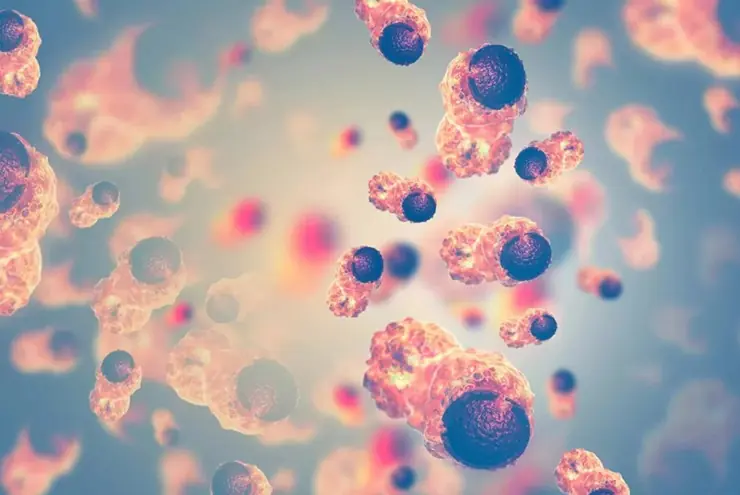
Advanced-Stage Can.cer May Show 4 Unusual Warning Signs — Seek Medical Care as Early as Possible
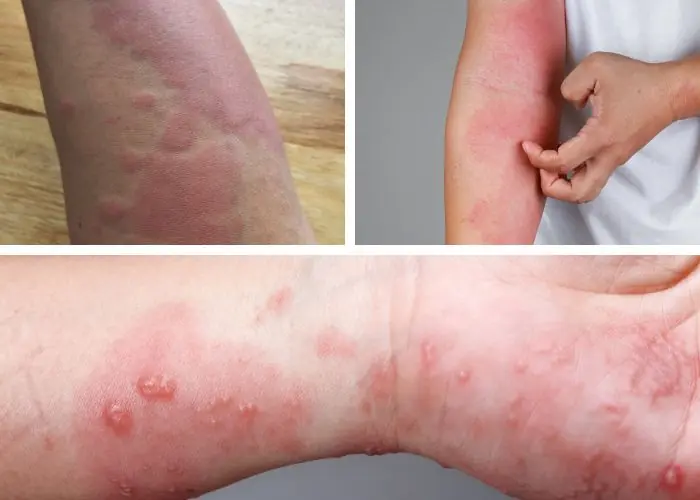
Is Dry, Itchy Skin in Winter Caused by Improper Bathing?
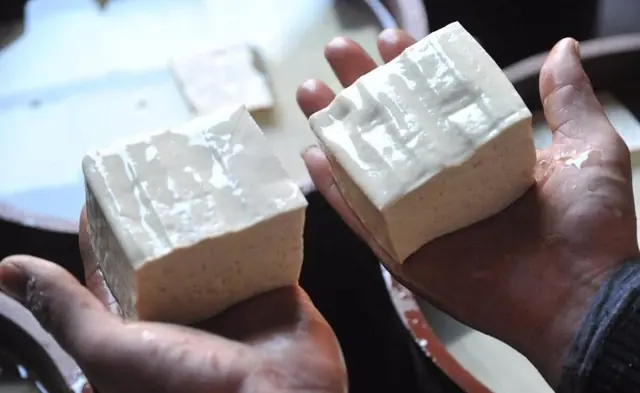
4 Signs Tofu Has “Something Wrong” — No Matter How Cheap, Don’t Buy It
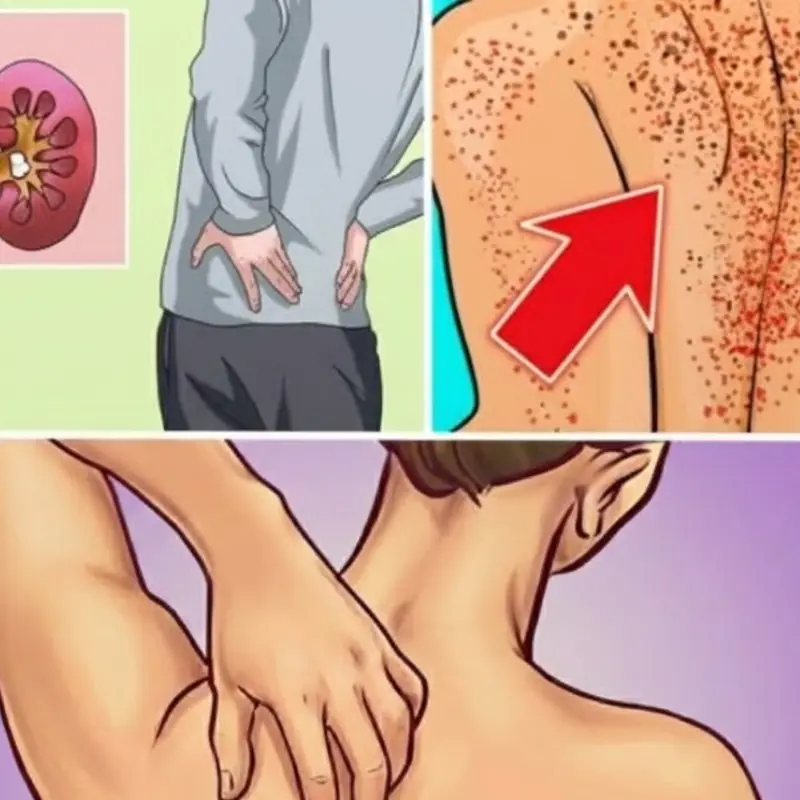
10 Kid.ney Warning Signs Many People Miss Until It’s Too Late

A Surprising Drink Linked to Lower Cancer Risk — Not Tea, Not Coffee
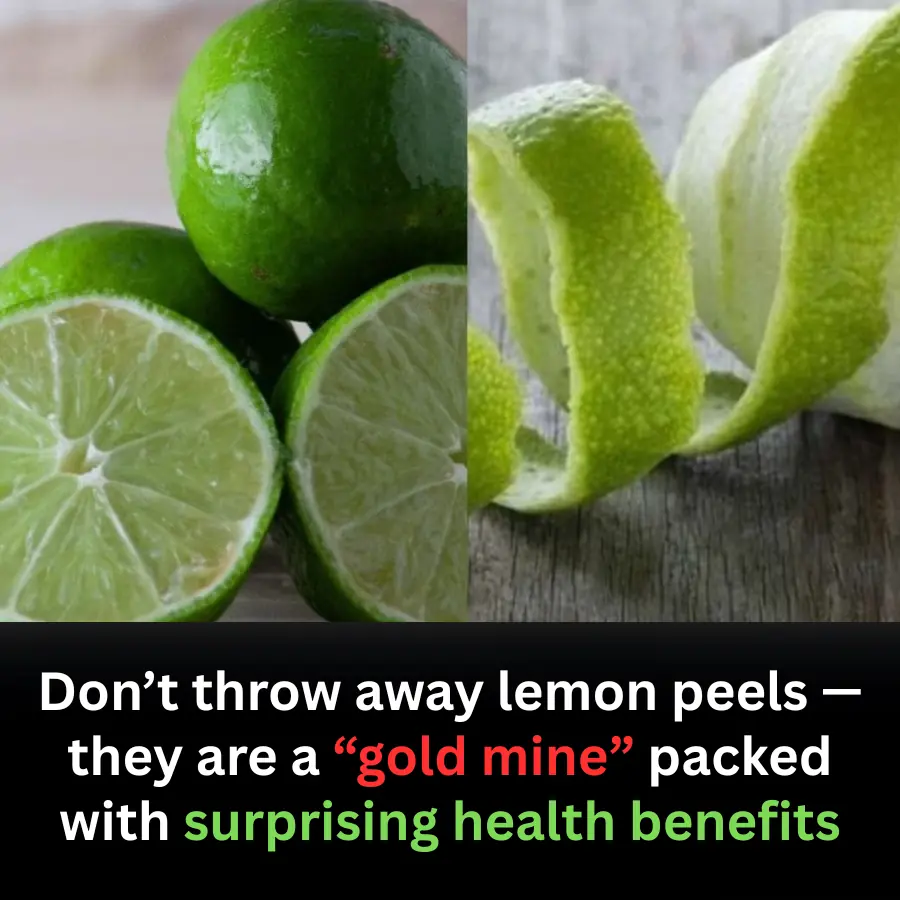
Don’t Toss Lemon Peels: A Hidden “Gold Mine” of Health Benefits
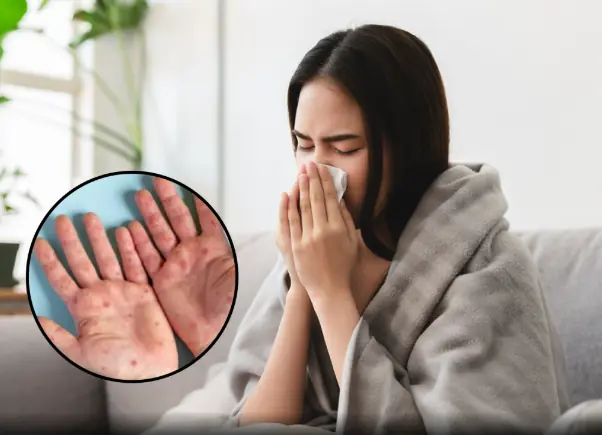
People With HIV Explain The First Symptoms They Noticed As Experts Warn Of 3.3 Million New Cases

One dangerous can.cer warning sign is often mistaken for dandruff — please don’t ignore it any longer

Health Warning: 5 Leftover Foods That Could Turn D.e.a.dly Overnight
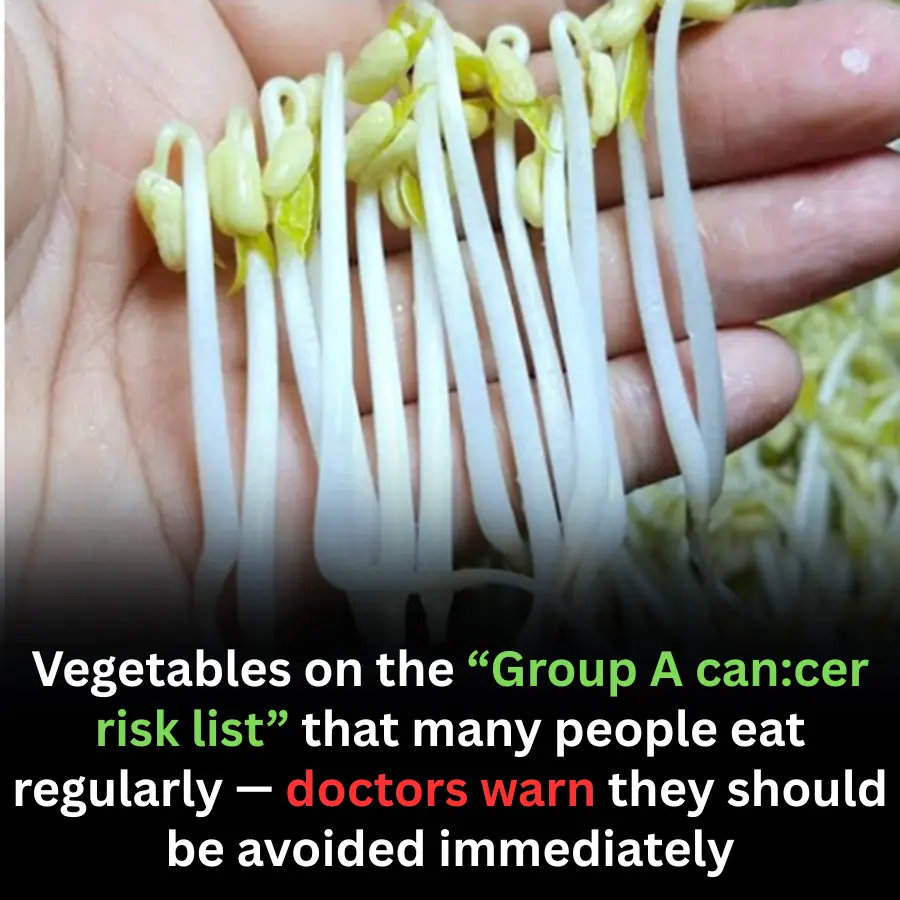
Vegetables Commonly Found on the “Highest Can.cer Risk” List That Many People Still Eat Daily
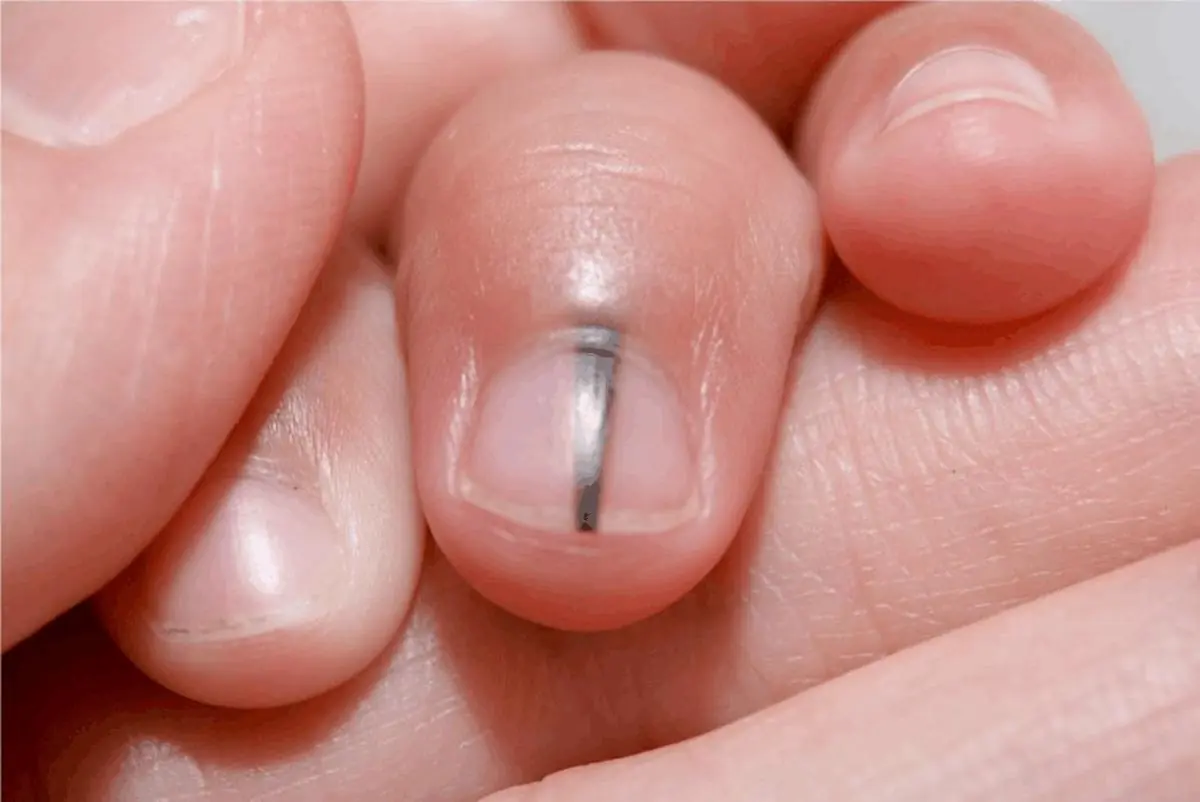
These 5 "dark spots" on your body may be warning signs of c.anc.er, signals most people ignore

12 Warning Signs Your Blo:od Sugar Might Be Too Low

28-Year-Old Groom Dies from Acute Liver Failure: Doctors Warn About a Dangerous Eating Habit Involving Chicken
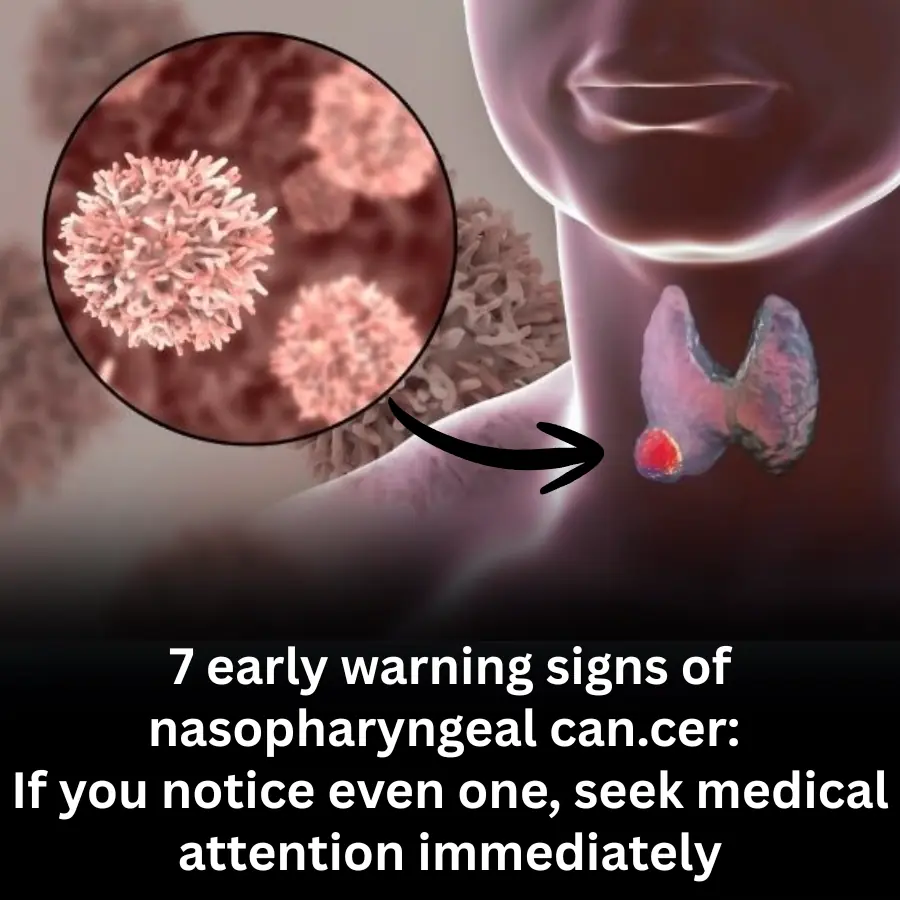
7 Early Signs of Nasopharyngeal Can.cer You Should Never Ignore
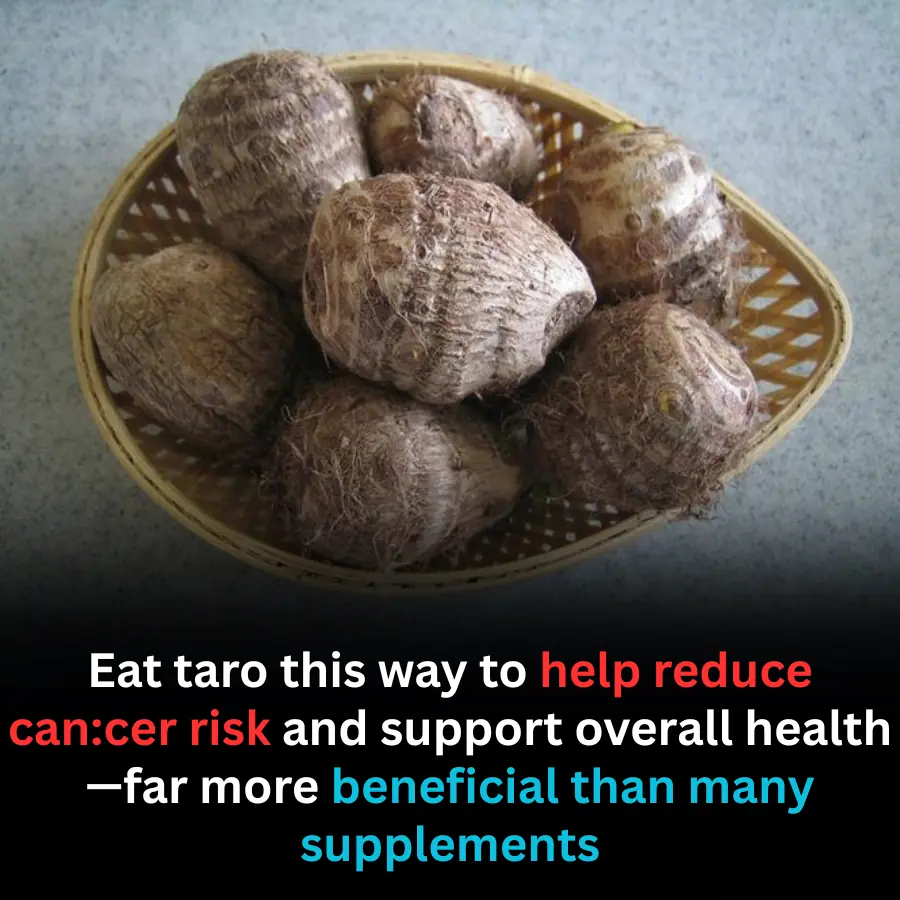
Eating Taro the Right Way: A Simple Habit That May Support Can:cer Prevention and Overall Health

7 Morning Symptoms Your B.o.dy Might Be Using to Signal Hidden Diabetes
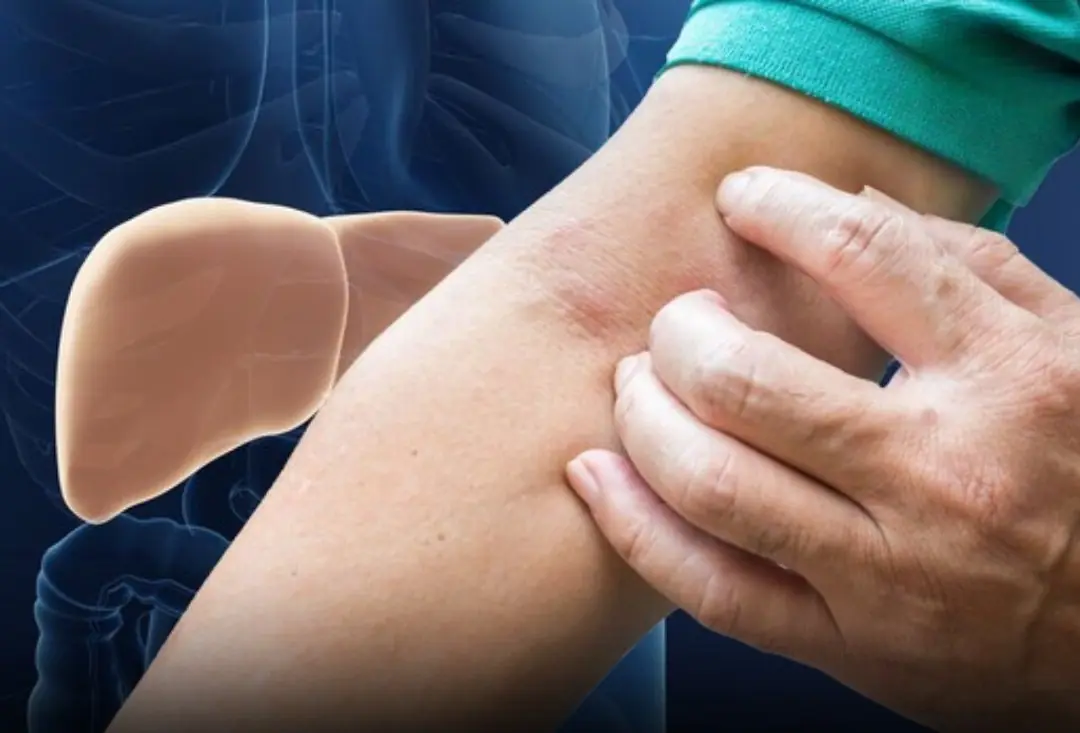
See any of these symptoms? Don’t hesitate — get checked immediately!

Roughly 15 minutes before a str.ok.e strikes, the body often sends out 4 unmistakable war.ning signs

7 Subtle Signs That Your Heart May Be Having Problems – Don’t Ignore These Warnings
News Post

Night Leg Cramps? The Real Reason Might Surprise You

Advanced-Stage Can.cer May Show 4 Unusual Warning Signs — Seek Medical Care as Early as Possible

Is Dry, Itchy Skin in Winter Caused by Improper Bathing?

4 Signs Tofu Has “Something Wrong” — No Matter How Cheap, Don’t Buy It

10 Kid.ney Warning Signs Many People Miss Until It’s Too Late

A Surprising Drink Linked to Lower Cancer Risk — Not Tea, Not Coffee

Why Placing Ginger by Your Bedside Can Benefit Your Health

Don’t Toss Lemon Peels: A Hidden “Gold Mine” of Health Benefits

People With HIV Explain The First Symptoms They Noticed As Experts Warn Of 3.3 Million New Cases

One dangerous can.cer warning sign is often mistaken for dandruff — please don’t ignore it any longer

Health Warning: 5 Leftover Foods That Could Turn D.e.a.dly Overnight

Vegetables Commonly Found on the “Highest Can.cer Risk” List That Many People Still Eat Daily

These 5 "dark spots" on your body may be warning signs of c.anc.er, signals most people ignore
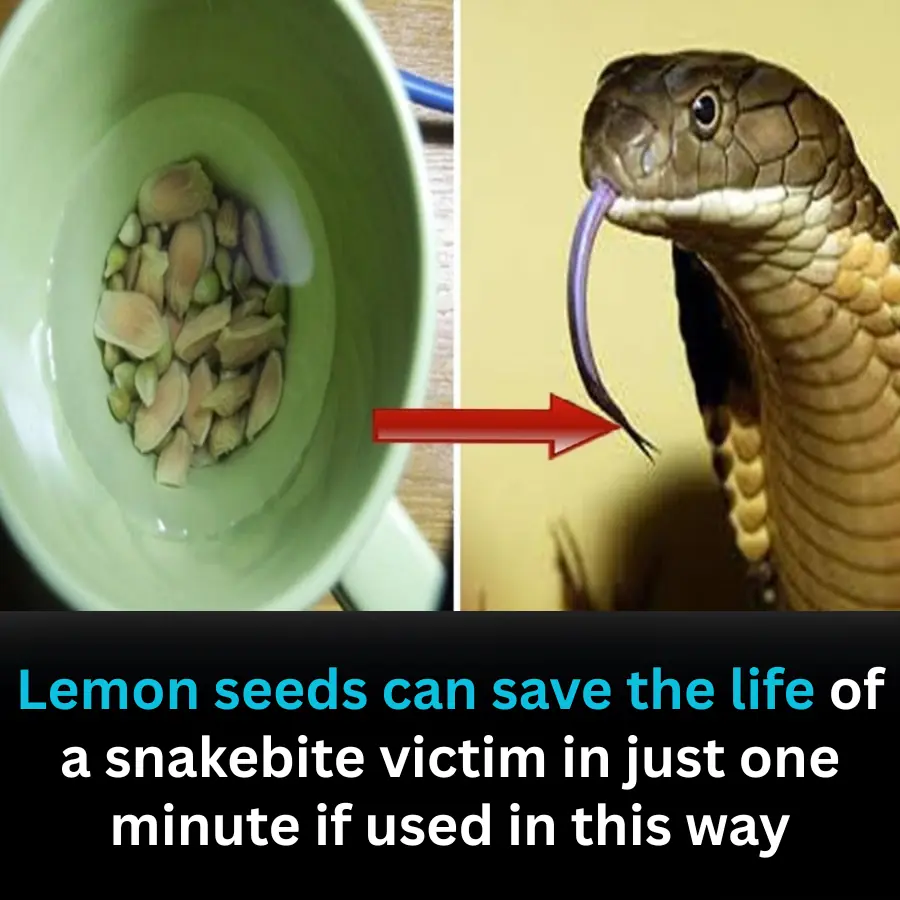
Can Lemon Seeds Really Save a Snakebite Victim in One Minute? Doctors Warn Against a Dangerous Myth

12 Warning Signs Your Blo:od Sugar Might Be Too Low

28-Year-Old Groom Dies from Acute Liver Failure: Doctors Warn About a Dangerous Eating Habit Involving Chicken
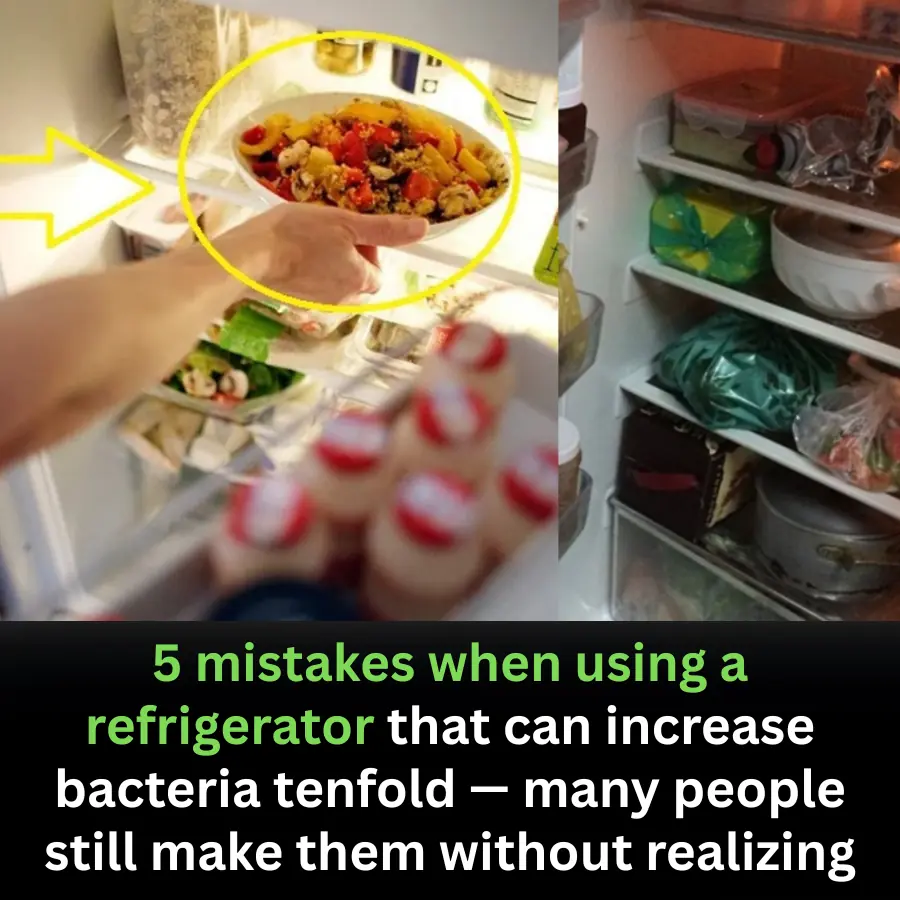
5 Common Refrigerator Mistakes That Can Multiply Bacteria by 10 Times

7 Early Signs of Nasopharyngeal Can.cer You Should Never Ignore
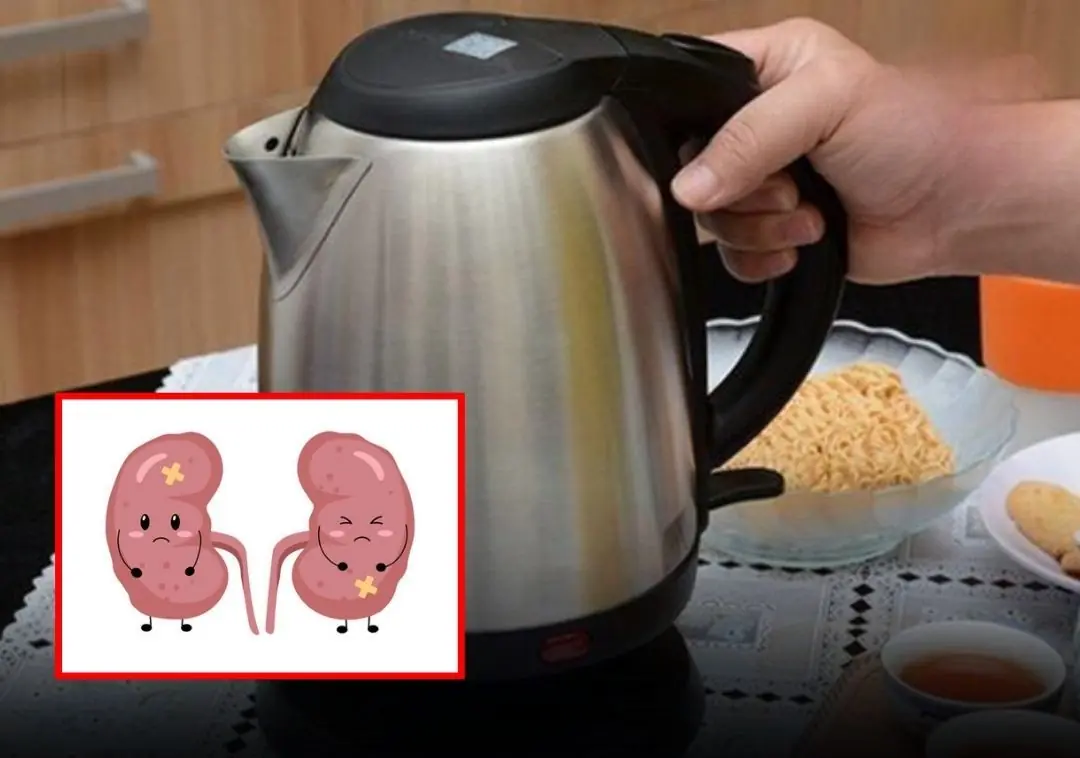
A Common Mistake Countless Families Don’t Even Know They’re Making
